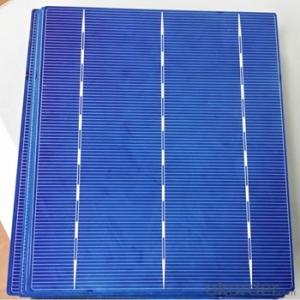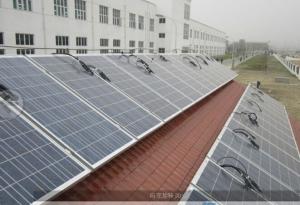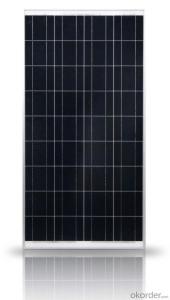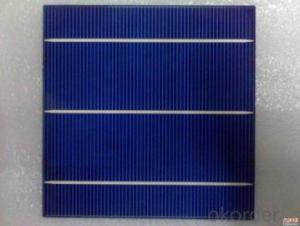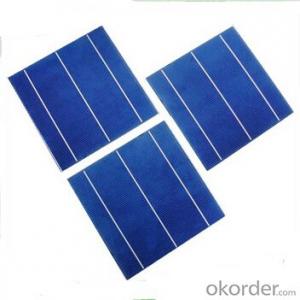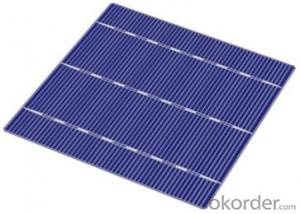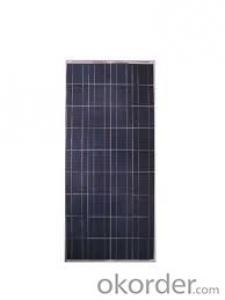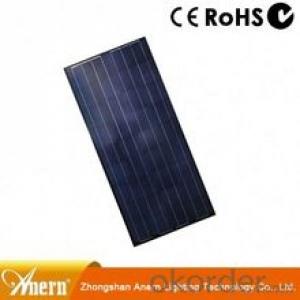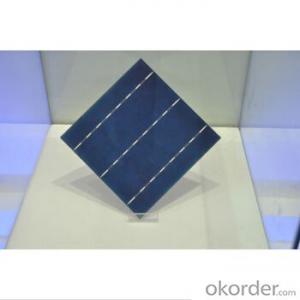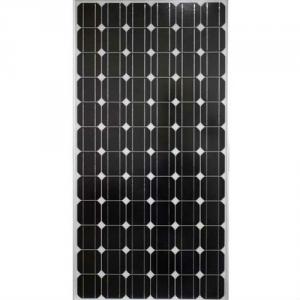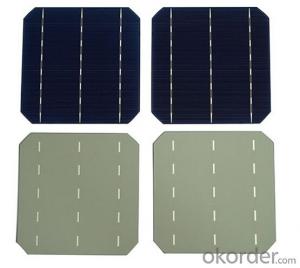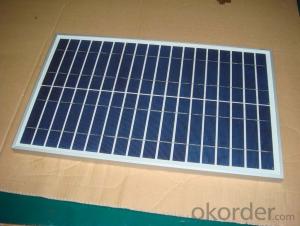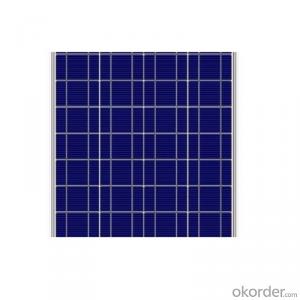All Categories
- - Steel Wire Rod
- - Steel Coils
- - Steel Profiles
- - Steel Pipes
- - Stainless Steel
- - Tinplate
- - Special Steel
- - Steel Sheets
- - Steel Rebars
- - Steel Strips
- - Hot Rolled Steel
- - Cold Rolled Steel
- - Pre-painted Steel
- - Seamless Steel Pipe
- - Welded Steel Pipe
- - Hollow Steel Tubes
- - Galvanized Pipe
- - Stainless Steel Coil
- - Stainless Steel Sheet
- - Stainless Steel Plate
- - Stainless Steel Strips
- - Electrolytic Tinplate Coil
- - Electrolytic Tinplate Sheet
- - Stainless Steel Rebars
- - Solar Panels
- - Solar Water Heater
- - Solar Related Products
- - Solar Inverter
- - Solar Cells
- - Solar Light
- - Solar Energy Systems
- - Solar Controllers
- - Solar Mounting System
- - Solar Pump
- - Solar Chargers
- - Fiberglass Chopped Strand
- - Fiberglass Mesh Cloth
- - Composite Pipes
- - FRP Pultrusion Profiles
- - Fiberglass Mat Tissue
- - Fiberglass Fabrics
- - Fiberglass Mesh
- - Composite Tank
- - Fiberglass Mesh tape
- - Polymer
- - FRP Roofing Panel
- - Fiberglass Roving
- - Monolithic Refractories
- - Ceramic Fiber Products
- - Refractory Bricks
- - Raw Materials For Refractory
- - Suspended Platform
- - Cranes
- - Concrete Machinery
- - Earthmoving Machinery
- - Building Hoist
- - Road Building Machinery
- - Plastic Pipe Fittings
- - Plastic Tubes
- - Plastic Sheets
- - Agricultural Plastic Products
- - Plastic Nets
 All Categories
All Categories
Q & A
What are the policy implications of widespread solar cell adoption?
The policy implications of widespread solar cell adoption are significant and diverse. Firstly, there would be a need for supportive policies that incentivize and promote the installation of solar panels, such as tax credits, subsidies, and feed-in tariffs. These policies would encourage individuals, businesses, and governments to invest in solar energy systems, leading to increased adoption and further driving down costs.
Moreover, the integration of solar power into the grid would require policy changes to accommodate the intermittent nature of solar energy. This could involve implementing net metering policies, which allow solar panel owners to sell excess electricity back to the grid, as well as investing in energy storage technologies to store solar energy for use during cloudy periods or at night.
Additionally, widespread solar cell adoption would necessitate policies focused on grid infrastructure and interconnection standards. Upgrading and expanding the grid to handle increased solar capacity would be essential, along with establishing clear guidelines for connecting solar systems to the grid and ensuring their seamless integration.
Furthermore, policies surrounding energy markets and regulations would need to be revised to accommodate the growing role of solar power. This might involve revisiting pricing mechanisms, establishing fair compensation for solar-generated electricity, and revising regulations to enable greater competition and market access for solar energy providers.
Lastly, environmental and land-use policies would need to be considered to ensure responsible and sustainable deployment of solar cells. This could involve promoting the use of brownfield sites, rooftops, and other underutilized spaces for solar installations, as well as implementing regulations to minimize potential ecological impacts.
Overall, the policy implications of widespread solar cell adoption require a comprehensive and coordinated approach that supports the development, integration, and sustainability of solar energy while addressing technical, economic, and environmental considerations.
How do solar cells perform in areas with limited grid infrastructure or frequent power outages?
Solar cells perform well in areas with limited grid infrastructure or frequent power outages because they are independent power generation systems that operate using sunlight. They can provide a reliable and sustainable source of electricity even when the grid is unreliable or unavailable. Additionally, solar cells can be combined with energy storage solutions such as batteries to store excess energy generated during the day for use during the night or during power outages, ensuring a continuous power supply.
How are solar cells used in streetlights?
Solar cells are used in streetlights to convert sunlight into electricity, which is then stored in batteries during the day. This stored energy is used to power the streetlights during the night, eliminating the need for traditional electrical power sources and reducing the reliance on fossil fuels.
How do solar cells impact the local power grid?
Solar cells can have a positive impact on the local power grid by reducing the demand for electricity from traditional power sources. When solar cells generate excess electricity, it can be fed back into the grid, helping to meet the needs of other consumers. This reduces the strain on the power grid and decreases the reliance on fossil fuel-based power plants. Additionally, solar cells can decentralize power generation, making the grid more resilient and reducing transmission losses.
Wholesale Solar Cells from supplier in British
With a focus on customer satisfaction, we strive to deliver high-quality Solar Cells that meet your specific requirements. Our range of products includes monocrystalline, polycrystalline, and thin-film solar cells, ensuring that you have options to choose from based on your project's needs.
In addition to supplying Solar Cells, we also offer sales, quotation, and technical support services. Our dedicated team is always ready to assist you in selecting the right products, providing competitive pricing, and offering technical guidance to ensure that your solar projects are successful.
As a subsidiary platform of CNBM, a Fortune Global 500 company, we have access to a vast network of resources and expertise. This enables us to provide you with a convenient one-stop solution for all your Solar Cells procurement needs in the UK. Our strong partnership with CNBM ensures that we can offer reliable and high-quality products with competitive pricing.
Furthermore, our extensive experience in the British market gives us valuable insights and expertise that we can share with you. We understand the specific requirements and regulations in the UK, which allows us to offer tailored solutions to support your solar projects. Whether you are a residential, commercial, or industrial customer, we have the knowledge and expertise to assist you.
In summary, if you are looking for a reliable supplier of Solar Cells in the UK, we are your ideal choice. With our comprehensive range of products, sales and technical support services, and our affiliation with CNBM, you can rely on us to provide you with a convenient and efficient solution for all your Solar Cells procurement needs. Contact us today to discuss your requirements and let us support your solar projects in the UK.
In addition to supplying Solar Cells, we also offer sales, quotation, and technical support services. Our dedicated team is always ready to assist you in selecting the right products, providing competitive pricing, and offering technical guidance to ensure that your solar projects are successful.
As a subsidiary platform of CNBM, a Fortune Global 500 company, we have access to a vast network of resources and expertise. This enables us to provide you with a convenient one-stop solution for all your Solar Cells procurement needs in the UK. Our strong partnership with CNBM ensures that we can offer reliable and high-quality products with competitive pricing.
Furthermore, our extensive experience in the British market gives us valuable insights and expertise that we can share with you. We understand the specific requirements and regulations in the UK, which allows us to offer tailored solutions to support your solar projects. Whether you are a residential, commercial, or industrial customer, we have the knowledge and expertise to assist you.
In summary, if you are looking for a reliable supplier of Solar Cells in the UK, we are your ideal choice. With our comprehensive range of products, sales and technical support services, and our affiliation with CNBM, you can rely on us to provide you with a convenient and efficient solution for all your Solar Cells procurement needs. Contact us today to discuss your requirements and let us support your solar projects in the UK.
